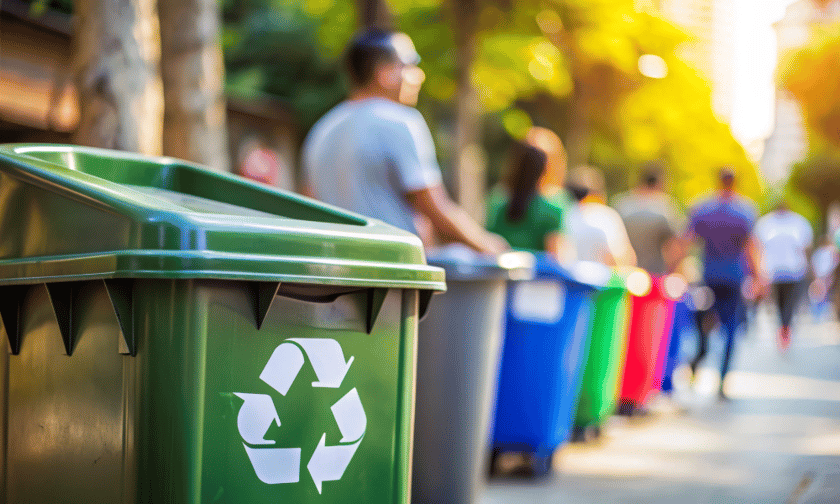

Co-operators has piloted an initiative to address the massive waste generated from home insurance claims caused by natural disasters.
According to a CBC News report, the insurance company launched a program to recycle construction, renovation, and demolition (CRD) waste in Calgary and London, Ontario, in partnership with the Circular Innovation Council and local recycling companies.
The program aims to divert materials such as drywall, wood, and asphalt shingles from landfills, which currently receive 98% of insurance claim waste in North America, according to Michelle Laidlaw, associate vice-president at Co-operators.
This effort comes in response to increasing extreme weather events linked to climate change, which have already caused over $7 billion in insured losses across Canada this year.
“There’s so much waste,” Laidlaw told CBC News, referencing the flood-damaged furniture and construction materials left at curbsides after recent disasters in Ontario and Quebec.
The project began with sorting waste into categories to determine what could be recycled. In September, the pilot officially started handling real insurance claims.
When a disaster strikes, restoration companies assess and clear damaged property. During the demolition phase, materials like drywall, flooring, and furniture are removed, often creating significant waste. Local recycling partners such as TRY Recycling in London and Alberta Waste and Recycling in Calgary then process these materials, turning them into reusable products.
Dan Zembal, owner of Alberta Waste and Recycling, explained that recyclable items include drywall, wood, shingles, metal, and cardboard. However, contaminated materials, such as those affected by asbestos or black mould, remain non-recyclable.
While recycling adds costs and requires documentation of materials, participants in the pilot say the benefits outweigh the challenges. Restoration companies like Winmar and Paul Davis have noted significant reductions in landfill waste.
Branden Fraser of Paul Davis in Calgary said his company has seen major improvements in sustainability since joining the initiative. “We can recycle a lot of things, and it doesn’t change your everyday business as much as I would have thought,” Fraser said.
Restoration companies involved in the pilot are now recycling materials from non-Co-operators claims, suggesting the process is becoming a standard practice across the industry.
Andrew Telfer, director at the Circular Innovation Council, told CBC News that the pilot seeks to measure waste diversion rates and determine the additional costs compared to traditional disposal methods. He said the goal is to refine the process, making it feasible for other insurers to adopt similar practices.
Do you have something to say about this story? Share your thoughts in the comments below.
